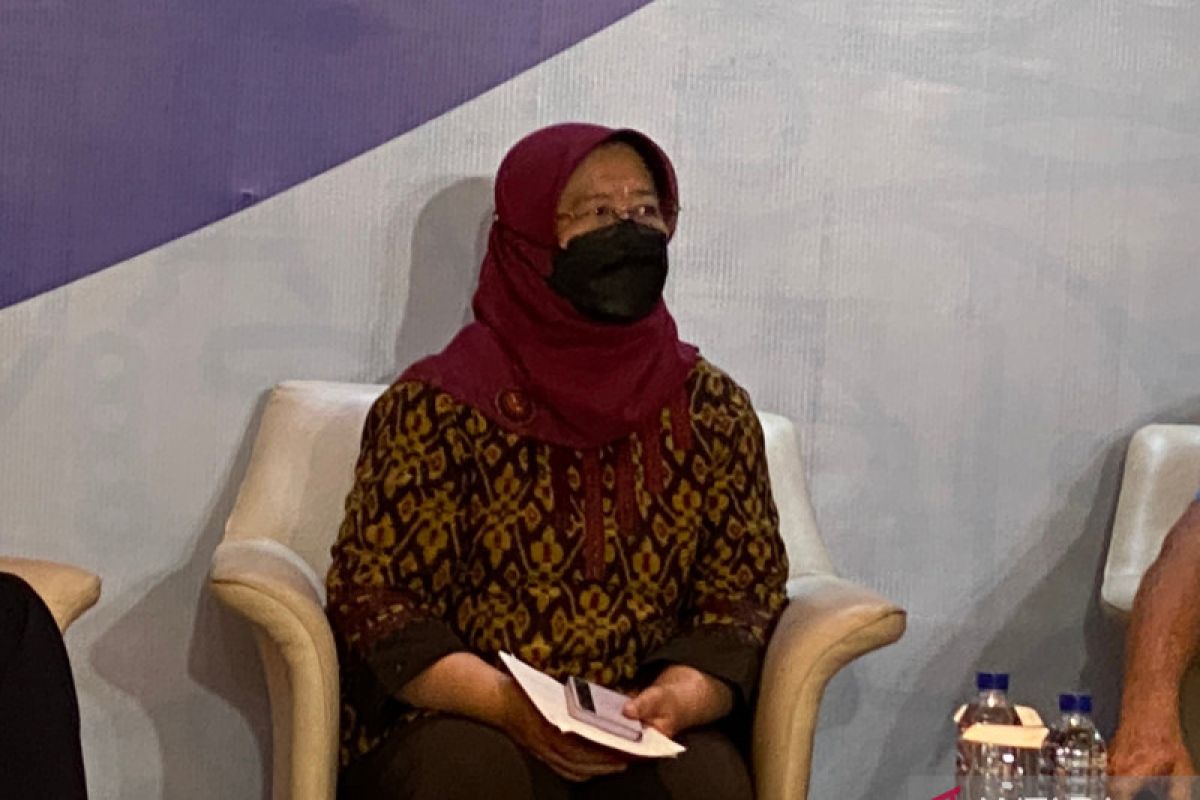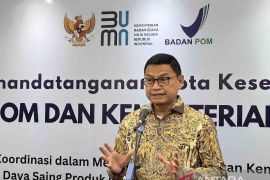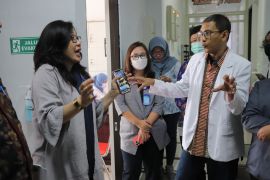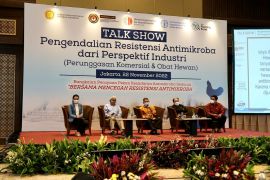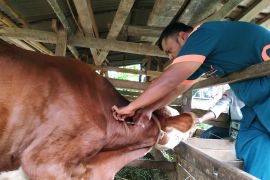We have to act now, not wait until AMR gets worse and affects more people in the world.Jakarta (ANTARA) - EDITOR’S NOTE:
Antimicrobial resistance (AMR) is a silent pandemic that could threaten the world with rapidly growing cases, according to the Antimicrobial Resistance Control Committee (KPRA) of the Ministry of Health.
“Antimicrobials were used to prevent, control, and treat infectious diseases in humans, animals, and plants, but the effectiveness declined. There were very few new antimicrobial medicines being developed," KPRA head Anis Karuniawati said during a media gathering with World Health Organization (WHO) and Food and Agriculture Organization (FAO) representatives in Jakarta on Wednesday.
The emergence of antimicrobial resistance has made infections difficult or impossible to treat, Karuniawati highlighted.
The risk of disease spread could also increase, in line with the number of people with severe illness and mortality, and also hamper the progress of medical science, she said.
AMR could also impact the global economy: it is estimated to cause losses of up to US$100 trillion by 2050.
Unfortunately, Indonesia is expected to be one of the five countries with the highest percentage of antimicrobial consumption by 2030.
Therefore, all parties must start to pay attention to AMR since laboratories in Indonesia are not evenly distributed, Karuniawati said. Moreover, many antibiotics are provided without determining the exact cause of the illness.
This situation clearly indicates that there will be an increase in AMR cases in Indonesia, she added.
Every year, there is an increase in the prevalence of antibiotic-resistant bacteria that cause infections, especially severe infections such as pneumonia and sepsis, she noted.
In 2019, the prevalence of two types of bacteria that were resistant to generation 3 cephalosporins reached more than 60 percent.
Therefore, AMR must be handled using a one-health approach with the participation of all parties, Karuniawati said.
“The WHO has even declared AMR as one of the top 10 global public health threats for mankind," she emphasized.
Related news: Rp30 trillion allocated for devices for catastrophic disease patients
Meanwhile, technical officer fromWHO-Indonesia, Mukta Sharma, said that the misuse and overuse of antimicrobials in humans, animals, and plants have accelerated the development and transmission of AMR at the global level.
He informed that global studies have estimated that more than 4.9 million deaths in 204 countries in 2019 were directly or indirectly linked to antibiotic-resistant bacterial infections.
“People affected by AMR have to face prolonged illness, longer treatment duration, mental health challenges, social stigma, and high financial burden,” he pointed out.
Related news: Companies can benefit from protecting workers' reproductive health
Moreover, FAO Emergency Center for Transboundary Animal Diseases (ECTAD), Indonesia, country team leader, Luuk Schoonman, predicted that if AMR is not properly handled, more than 24 million people will slide into extreme poverty and experience extreme hunger within a decade.
AMR can spread between different hosts and environments, while antimicrobial-resistant microorganisms can contaminate food chains, Schoonman explained.
Thus, the agricultural sector that contributes to the spread of AMR and causes food production losses could endanger food security.
"We have to act now, not wait until AMR gets worse and affects more people in the world," he emphasized.
Related news: Antimicrobial resistance can impinge on health service quality
Related news: State healthcare agency allocates US$520 mln for health screening
Translator: Hreeloita Dharma S, Resinta S
Editor: Fardah Assegaf
Copyright © ANTARA 2022
